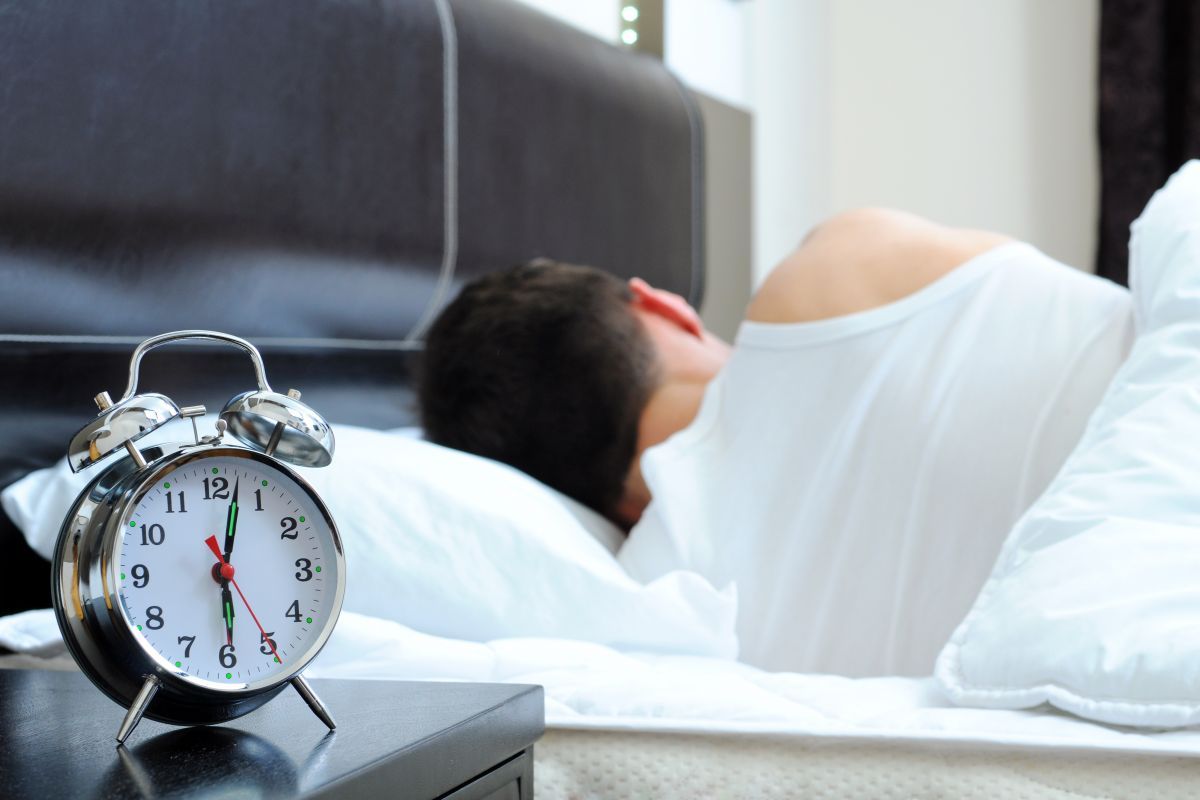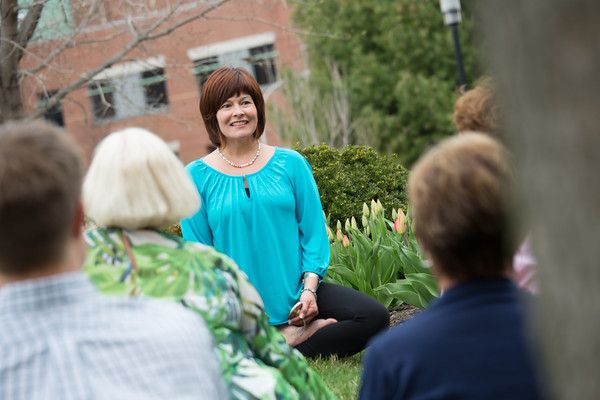How to avoid sleep disruptions during Daylight Saving Time
Many cancer survivors report that they don't sleep well, even years after diagnosis. Getting a good night's sleep boosts your immune system — and when your sleep is interrupted, the consequences can be more serious than just feeling drowsy the next day. The Sleep Foundation notes that "in both the short and long term, sleep deprivation can make you sick." Here are some tips to keep in mind as we get ready for Daylight Saving Time.
We're rapidly approaching the date when we all "spring ahead" to Daylight Saving Time, gaining an hour of sunlight but losing an hour of sleep. At 2 a.m. on Sunday, March 14, most Americans will set their clocks ahead one hour.
Losing sleep — even an hour — isn’t easy for an already-sleep-deprived nation. Day-to-day stress, anxiety, medications and busy schedules regularly impact nighttime routines. But proper shut-eye is essential to overall health and quality of life. Lack of sleep can interfere with thinking, memory and judgment, and increase risk of illness.
While it can take up to a week to adjust to the jet-lag feeling that comes with turning the clocks forward, here are a few tricks for beating the spring-ahead transition.
- Plan ahead: A day or two before the time change, start going to bed 15 minutes early. This modification makes adjusting to the one-hour loss of sleep easier than adjusting all at once.
- Maintain a regular sleep schedule: To ensure healthy sleep patterns, maintain a strict sleep schedule. Go to bed and wake up at the same time each day. This allows your body to regulate itself.
- Get to know your sleeping habits: The right amount of sleep for each person varies. One way to find your ideal number of sleep hours is to choose a weekend when you can sleep without an alarm and see when you naturally wake up.
- Exercise: It's important to stay active during the day without becoming overly fatigued. You may fall asleep quicker and sleep better because you had a more active day.
- Take a break: Short naps (no longer than one hour) can help. But if you have trouble falling asleep at night, reevaluate whether that nap is beneficial to you.
- Relax: Listening to relaxing music or a meditation CD, reading a book, taking a warm bath or drinking warm milk may help you fall asleep. Whatever helps you relax at night is a good activity to do before bed.
- Unplug from technology: Give your mind a chance to unwind before trying to fall asleep. The National Sleep Foundation recommends shutting off your TV, computer and phone at least 30 minutes before you hit the hay.
- Make better food choices: Limit your intake of caffeine and other stimulants, especially later in the day. Limit fluids after 7 p.m. and refrain from eating large meals near bedtime.
Never miss another Cancer Talk blog!
Sign up to receive our monthly Cancer Talk e-newsletter.
Sign up!
